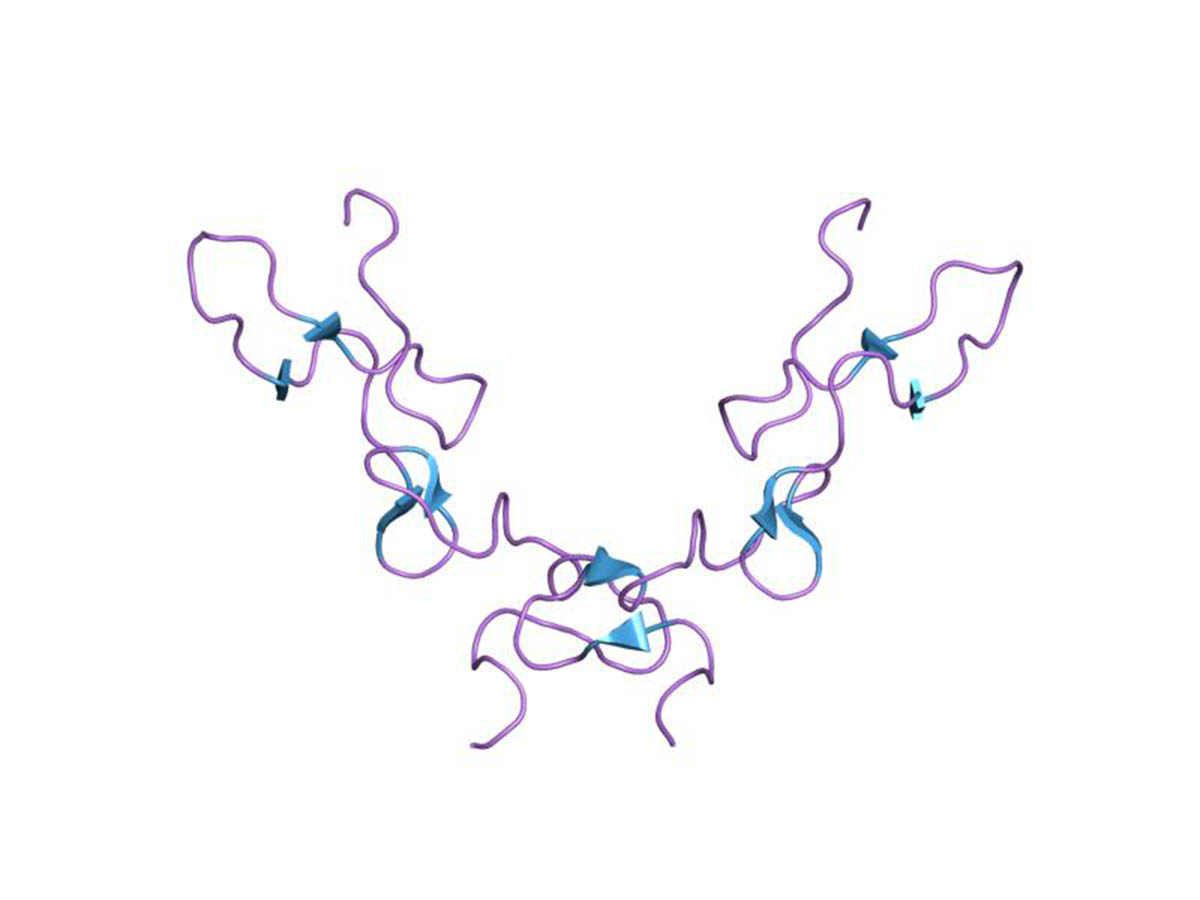The main protein in the blood is called albumin. Albumin in trace amounts is normally present in the blood. On the other hand, if urine contains high levels of albumin and other blood proteins, it represents the condition called albuminuria, also known as proteinuria. In most cases, albuminuria indicates kidney damage although there may be other causes.
Symptoms of Blood Protein in Urine
Initially, there are no symptoms of proteinuria when the body excretes small amounts of protein. Over time, as protein gets eliminated in larger amounts through the urine, the first signs and symptoms start to appear. High levels of blood protein may result in a cloudy or foamy appearance of the urine. Also, the loss of large amounts of protein can cause signs of protein deficiency in the blood.
This can cause the inability of the blood to soak up sufficient fluids. Consequently, this leads to edema, the condition featured by fluid retention. Blood protein in urine commonly causes swelling of the hands, feet, abdomen and face.
Causes of Blood Protein in Urine
Blood protein present in the urine can be caused by several conditions. Kidneys normally do not filter out protein from the blood.
In the case of glomerulonephritis, an inflammation of glomeruli, the filtering components of the kidneys that can cause blood protein to pass through the kidneys can result in blood protein in the urine. This can indicate the onset of chronic kidney disease (CKD), which is the most common cause of blood protein in the urine.
Some infections can temporarily cause high levels of protein in the urine, which resolves after the infection subsides. Also, physical or emotional stress can cause abnormal levels of blood protein in urine in the short term.
Other possible causes of elevated levels of protein in urine include high blood pressure, heart disease, diabetes, leukemia, lupus, sickle cell anemia, rheumatoid arthritis, and Hodgkin’s lymphoma. Protein in urine is normally present in pregnancy. Use of certain medications can lead to blood protein in the urine as well.
Tests for Blood Protein in Urine
Presence of protein in urine can be detected with the help of a laboratory test called a urinalysis. For urinalysis, a patient must collect a sample of his or her first-morning urine in a sterile container and take it to a laboratory. The measurement of protein in urine is called protein creatinine ratio.
- Gross/physical examination targets parameters that can be measured or quantified with the naked eye (or other senses), including volume, color, transparency, odor, and specific gravity.
- Microscopic examination. The numbers and types of cells and/or material such as urinary casts can yield a great detail of information and may suggest a specific diagnosis.
- Chemical examination of urine measures quantitatively and qualitatively for pH, blood, nitrite, protein, glucose, ketones, bilirubin, urobilinogen, ascorbic acid.
- Historically, qualitative or semi-quantitative screening tests for urine protein relied on protein precipitation techniques. Proteins denature upon exposure to extremes of pH or temperature, and the most visible evidence of this is a decrease in solubility. In clinical laboratories, sulfosalicylic acid at room temperature may be used to detect urine protein.
- Prices of urine analysis are relatively low, but they depend on a location/country and they are available from the most clinical laboratories The high-performance liquid chromatography mostly used for scientific purpose due to its relatively high cost, though relatively inexpensive versions of mass spectrometers are now available.
Creatinine is a waste product of a normal muscle breakdown. If the urine contains over 30 milligrams of the album per gram of creatinine it is a sign of a serious health problem such as declining kidney function. The degree of kidney damage can be identified with additional diagnostic tests.


















Your thoughts on this
Loading...